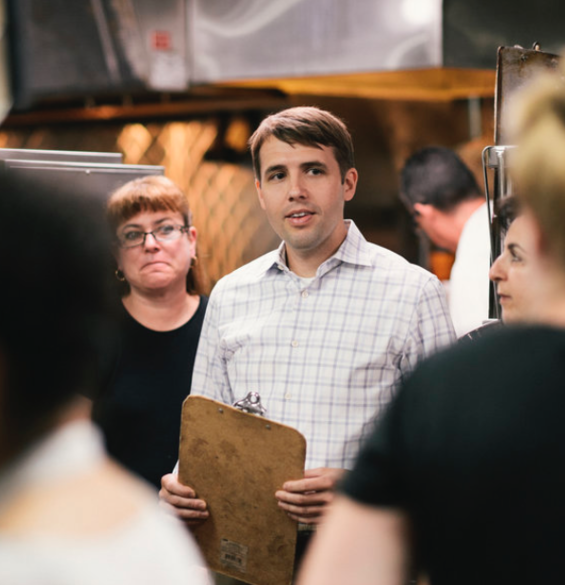On Monday, the House Budget Committee passed President Joe Biden’s $1.9 trillion COVID-19 relief bill on a straight 19-16 party-line vote. It still must pass through the Rules Committee — where Democrats hold a 9-4 margin — but the legislation that reaches the House floor is likely to be very similar to the current bill.
That means $1,400 stimulus checks, extensions to emergency unemployment benefits, $129 billion for schools, and a $15 an hour minimum wage. It also means New Hampshire’s two members of Congress, Democratic Reps. Annie Kuster and Chris Pappas, will be casting a vote — likely in favor — of a $15 mandatory minimum wage.
Republicans say the Biden proposal is wildly unaffordable and does relatively little to address the challenges of COVID-19. On Monday, House Minority Whip Steve Scalise noted, “The Congressional Budget Office says the schools’ money, 95 percent of that money, won’t even be able to be spent until 2022.” The Wall Street Journal Editorial Board calls the plan “a list of longtime Democratic spending priorities flying under the false flag of COVID-19 relief.”
And including the minimum wage, a policy with no direct connection to the spread of a virus, enhances that argument.
The nonpartisan Congressional Budget Office released a report in early February reviewing the financial burden of a minimum wage increase proposal. This analysis discovered a $15 minimum wage would cost the country 1.4 million jobs, raise the price for goods and services, and increase the federal budget deficit by $54 billion by 2031.
According to the Employment Policies Institute, a nonprofit group that focuses on employment issues, raising the minimum wage to $15 an hour would cost New Hampshire more than 13,000 jobs, about half of which would come from the “Arts, Entertainment, and Recreation and Accommodation and Food Services industries.” Hospitality and tourism make up the Granite State’s second-largest industry.
While neither Kuster nor Pappas responded to requests for comment, they both voted for a $15 minimum wage and to eliminate the “tipped wage” in 2019. Critics noted at the time Pappas was voting to mandate a $15 an hour wage, his own restaurant, the Puritan Backroom, wasn’t paying it to his employees.
According to Boucher, increasing the tipped wage “would be a complete disaster for not only the employees but the business and the customers. It’s a lose, lose, lose situation. The average tipped employee in our company makes between $18 and $29 an hour when you include tips.”
He said that if the tipped wages went up to $15 an hour, his restaurants would have to go to a “no tip” policy, and menu prices would have to be increased by around 25 percent to be able to afford it.
Many large employers, like Amazon and Walmart, have already raised their minimum wage to $15 an hour or have announced plans to do so. Economists say it’s small businesses with slim profit margins that are more likely to struggle with the higher wage mandate. Some Democrats, however, say that’s not their problem.
Asked by CNN’s Abby Phillip about how the wage hike would “affect mom and pop businesses who are just struggling to keep their doors open right now, ” California Rep. Ro Khanna said:
“Well, they shouldn’t be doing it by paying people low wages. We don’t want low-wage businesses. I think most successful small businesses can pay a fair wage… But I don’t want small businesses that are underpaying employees.”
When NHJournal asked Pappas if he agreed with Khanna, the two-term congressman declined to answer.
Matt Mowers, who ran against Pappas in last year’s general election, called out Pappas and congressional Democrats.
“The pandemic has affected all Americans – and Congress should prioritize a bipartisan bill that focuses on addressing the needs of middle-class families and small businesses,” Mowers told NHJournal. “Per usual, Congress is instead failing everyday Americans.” Mowers said. “Nancy Pelosi and Chris Pappas should quit politicizing a pandemic and focus on targeted COVID relief to help Granite Staters – not their liberal agenda.”

